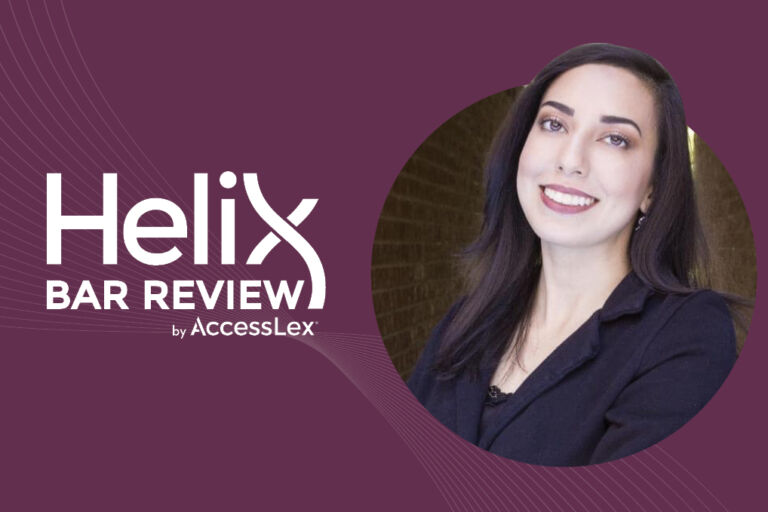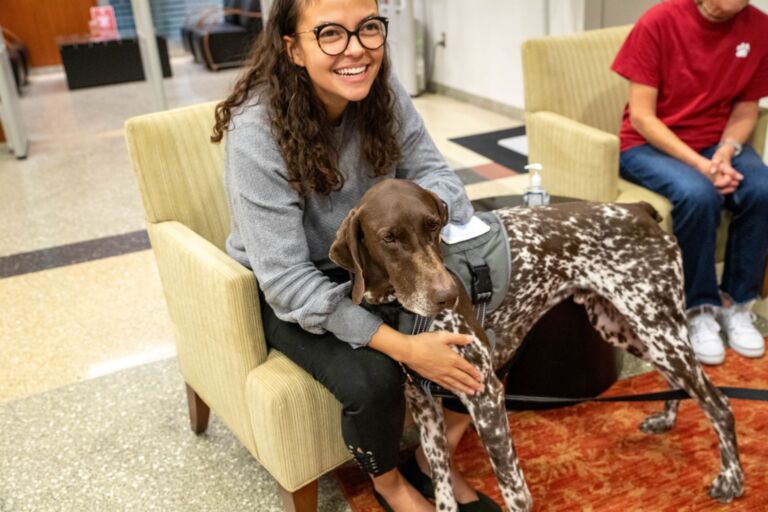I Swear! Or should I?
During my first year at law school — so many years ago — my favorite professor taught me two concepts that I’ve carried with me every day. First, question authority, as unchallenged power too often becomes corrupt. (I didn’t realize at the time, but this value coincided with what my father indirectly impressed upon me in describing his life under both Nazi occupation and Stalinist dominion during World War II.) Second, and more practically, don’t make an uncompensated obligation other than in your personal life.
Since then, I have worked in every branch of the federal government and in a private Big Law firm. I practiced, inter alia, ethics law and I’ve taught professional responsibility many times.
It’s with this background, that I view with significant skepticism the growing movement at law schools wherein brand new students are asked to swear to professionalism oaths. These efforts take different forms at different schools. Sometimes a handful of professors draft the pledge. Other times, a group of students or administrators create the language for others to swear to. In every case, most students are asked by their new overseers to adopt an obligation they didn’t create, without any consideration.
The problems are myriad. These oaths often seek students to pledge to uphold the inherently undefined notion of professionalism. Professionalism, however, is not a standard itself. Rather, it is a term used to describe an elsewhere prescribed set of obligations. Thus, for example, American lawyers are subject to their state’s version of the ABA’s Rules of Professional Conduct. That’s a professionalism code, no doubt. But there is no independent standard defined as “professional conduct” contained therein. That standard is the sum total of the specified rules.
In contrast, the student oaths have no such substance behind them. That vacuum of defined obligations at best makes the oaths meaningless. If that were the only issue, it would be of only modest concern. But one possible dangerous outcome is that someone with authority unhappy with the behavior of a student might seek to coerce or punish that student for violating nothing more than a subjective sense of “professionalism.” For sure, some unscrupulous actors might seek to do so even absent a vacuous pledge, but the oath makes that possibility even more dangerous. Ironically, legal academics who have generally opposed non-denominational prayer in schools (and sometimes the Pledge of Allegiance), which don’t suffer from improper-enforcement risk, are the ones who have pursued these professionalism oaths.
Some assert that the oaths are just an intellectual exercise designed to communicate to students a series of aspirational goals. Perhaps. If this were the case, though, then students should be offered the opportunity to opt out of swearing allegiance to undefined principles they likely didn’t draft. And this should take place only after a meaningful discussion of both what it means to take an oath and what it means to conscientiously object. I don’t have the sense that this process occurs in any meaningful way.
Moreover, goals are self-directed and personal. Oaths are not. The latter are the expressed aspirations of some that are imposed upon others.
In the end, this endeavor seems more an effort in inculcating conformity and acquiescence to authority rather than promoting independent and creative thought. And that’s not what my favorite professor taught me my first year of law school, no less what my father believed in.





